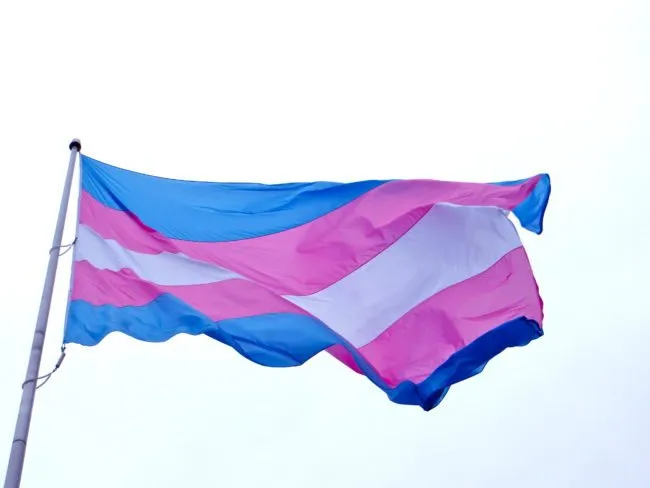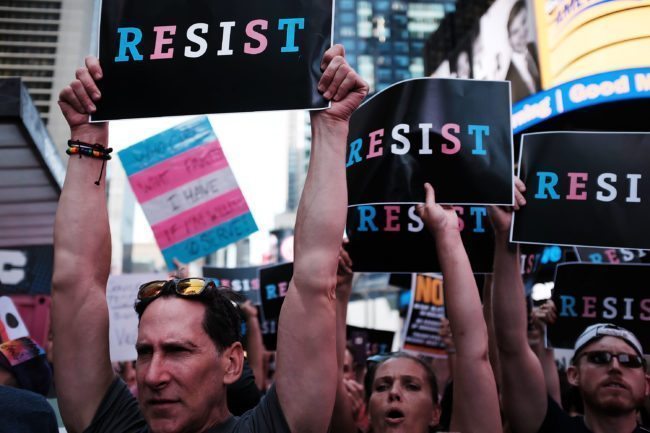A transgender professor has been awarded $1.1 million for the discrimination she suffered

The legal battle has been ongoing since 2014
A federal jury has ruled in favour of a transgender professor, awarding her with over $1.1 million, after her university denied her tenure and a promotion.
The jury of six women and two men chose to award Rachel Tudor, a former English professor at Oklahoma State University, $1,165,000 in damages after a week-long trial in Oklahoma City federal court.
In its verdict, the jury in the US District Court in Western Oklahoma found Tudor had proven that she was denied tenure – and the chance to re-apply – on the grounds of her gender identity.

(Getty Images)
Tudor was hired by the institution in 2004 as a tenure-track assistant professor in the English Department and presented as male at the time.
Following her transition in 2007, she was the university’s first openly transgender professor.
Since notifying the university that she would be presenting as a woman at work for the 2007-2008 academic year, Tudor alleged human resources informed her that she would not be fired as long as she followed certain rules.
Tudor professed that her body was policed by these rules, regulating what clothing she could wear and limiting her to one single-occupant restroom on campus.
“It was frightening. I had no idea I could lose my job just being who I am,” Tudor testified.

(Creative Commons)
In 2009, the tenure committee voted in favour of giving Tudor tenure, yet administrators did not follow the committee’s decision.
According to testimony, administrators told Tudor to withdraw her application before denial.
Having not withdrawn, Tudor was denied tenure and later not allowed to reapply.
Because Tudor failed to acquire tenure, the university terminated her employment in 2011.
Tudor took her case to the US Equal Employment Opportunity Commision, which handles federal civil rights claims in the workplace.
They concluded that Tudor had a valid claim under Title VII of the Civil Rights Act of 1964.

(Spencer Platt/Getty Images)
While the law does not directly address transgender discrimination, courts have increasingly interpreted and articulated the law’s ban on sex discrimination to cover unfairness against transgender individuals.
“It’s about doing the right thing. It’s about fairness and justice,” Tudor told jurors.
“I want to thank the jury for being fair, impartial and deciding the case on its merits,” she added on Monday.
The case’s outcome fell just a day after international Transgender Day of Remembrance, which highlights the continued struggle and liberation of trans people.

